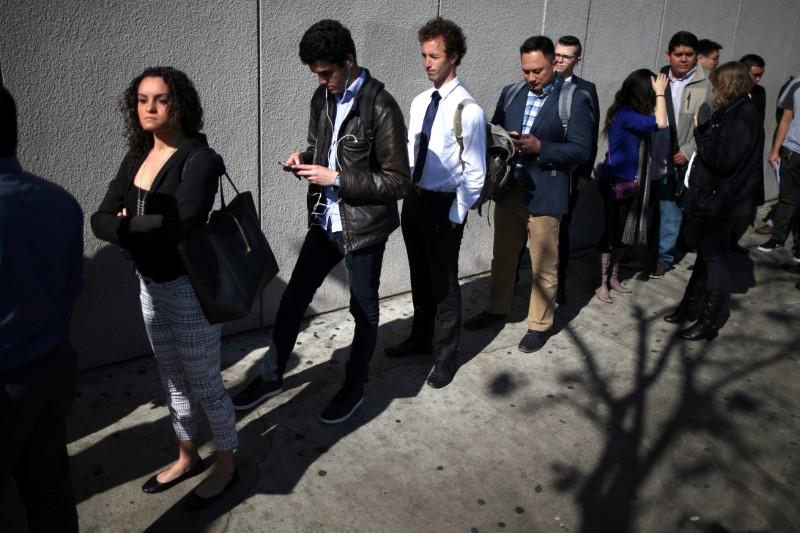California’s unemployment insurance program is facing financial challenges, burdened by shortfalls and a multibillion-dollar federal loan, according to a recent report by the state Legislative Analyst’s Office.
The program provides eligible workers with partial wages if they lose their jobs through no fault of their own, the Dec. 2 report from the office said. The system works by building a trust fund with payroll taxes from employers, with the taxes collected expected to cover the benefits paid. However, the collections now “routinely fall short,” the report said.





